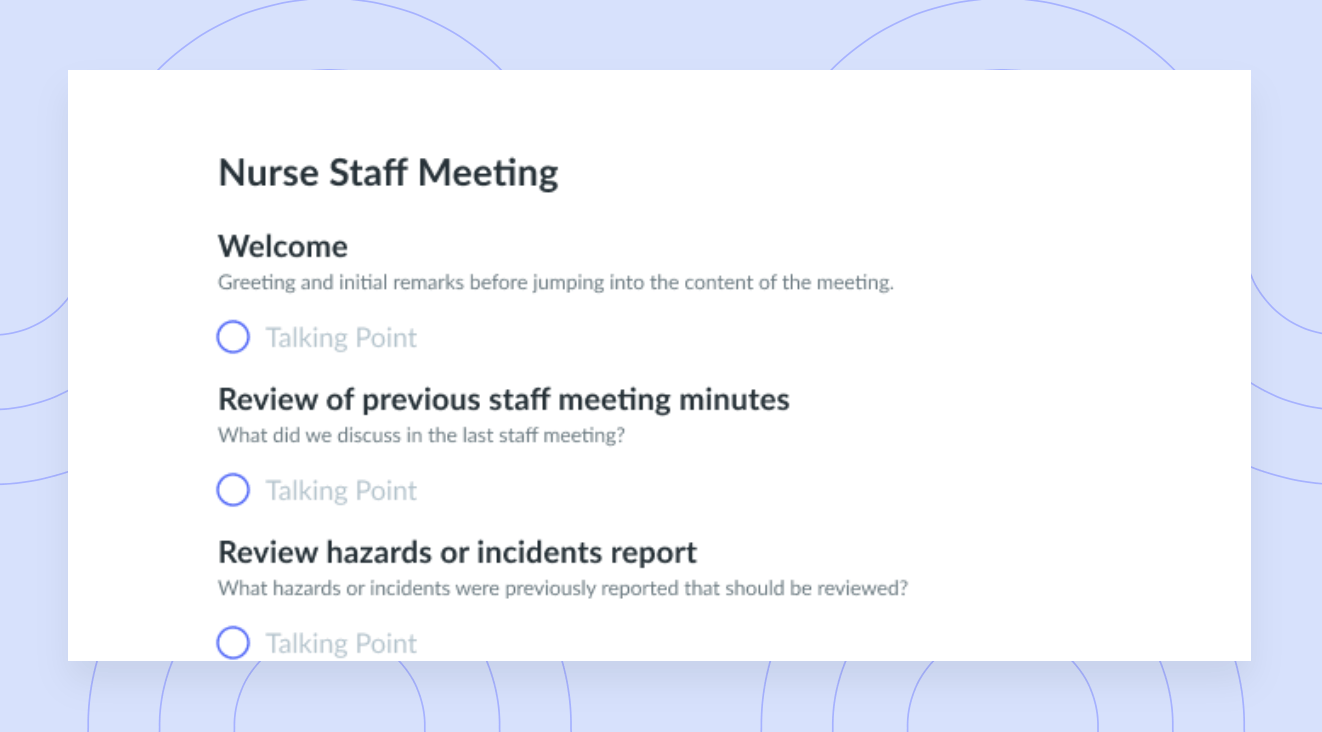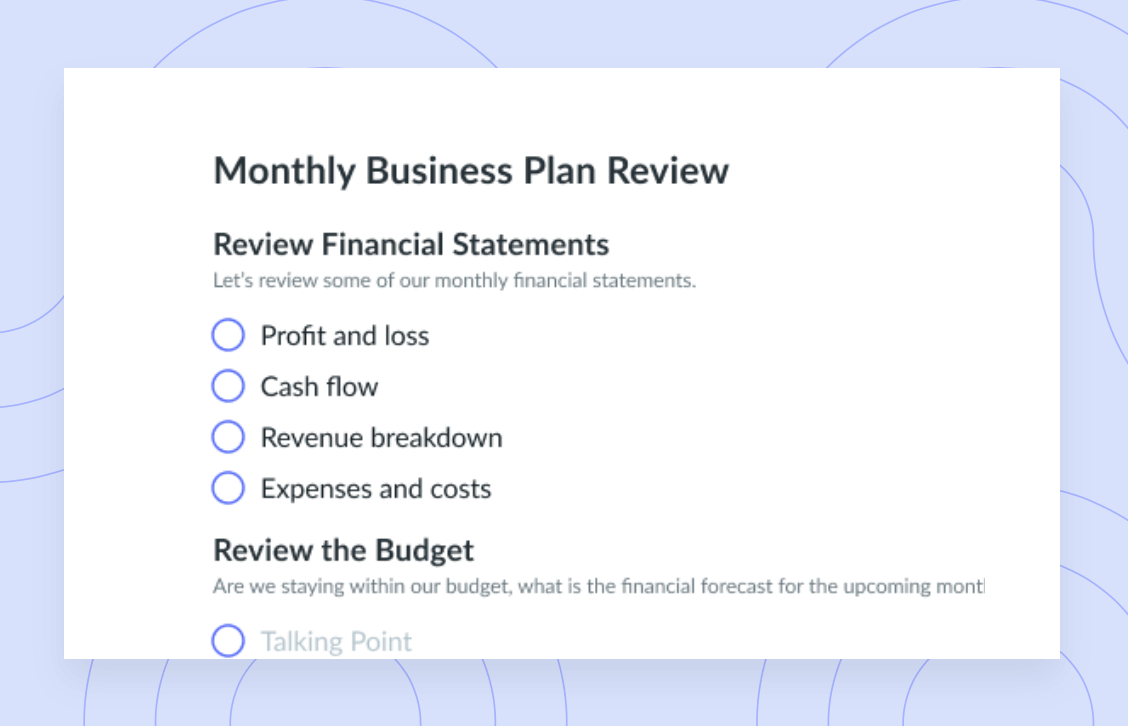What is an Analytics Engineer? Everything You Need to Know
If you’re interested in analytics engineering, check out this guide covering analytics engineers’ responsibilities, skills, and more!
Every day, around 2.5 quintillion bytes worth of data are created. That’s a billion billions of bytes of data. Or the equivalent of 10 million digital photos. Every. Day.
It’s likely you’ve heard the term “data-driven organization” a lot more frequently in the last few years. This term has risen from the need for companies to prove that their operations and experiments are bringing in successful results for the company, and help them decide which decision to make next. But with all this data coming in, who is responsible for organizing it? And how are business leaders expected to interpret the data themselves? The answer is through bringing on an analytics engineer.
- What is analytics engineering?
- Analytics engineering vs. data engineering
- Analytic engineers’ responsibilities
- Important skills for analytic engineers
- Levels of analytic engineers
What is analytics engineering?
Analytics engineering is quite a new role in the tech space. With a keen interest in reporting and dashboards, and a strong knowledge of data operations and analytics tools, analytics engineers are the go-to people for organizing data into easily digestible analytics reports. They can also help teams interpret data through dashboards or reports for the purpose of improving some business function or giving insight into the success of a project or campaign.
Their function within an organization is primarily to help business teams make data-driven decisions. This role, depending on the seniority level, can be both very tactical or very strategic. It has relatively low technical requirements (compared to software engineering roles), so it’s a great option for anyone who is a quick learner and wants to get a more technical role.

Run efficient meetings, come to a decision, and get back to work
Level up your engineering meeting habits to boost engagement and productivity with a collaborative meeting agenda. Try a tool like Fellow!

Analytics engineering vs. data engineering
While analytics engineers are very focused on the organization of data to be interpreted by other teams, they are not the ones responsible for building the actual data infrastructure. Instead, a data engineer has this role. A data engineer supports the team by building infrastructure to manage, store, and delete data, as well as routinely running quality assurance processes to ensure the data maintains its integrity. The biggest difference here is that a data engineer builds the system for the data to work within, while the analytics engineer uses the data from the system to derive business insights and answers.
Analytic engineers’ responsibilities
As someone who works within the data team and has interactions with the wider business teams (for instance, sales, marketing, finance), this person needs to have a strong technical and interpersonal background. Here are some bullet points pulled from recent job postings for an analytics engineer:
- Design, create, and own dashboards and reports to clearly convey progress of our most important goals.
- Architect and develop performant, accurate, intuitive, timely, intuitive, and scalable data models using Tableau using DRY (don’t repeat yourself) principles.
- Familiarize yourself with the business context and support analysts and business partners in creating and standardizing source-of-truth reports and dashboards.
- Act as a champion for self-service analytics across the organization by working to enable individuals to leverage data models, reports, and tools.
- Collaborate with engineers, product managers, and data scientists to understand how data is generated and used to make decisions.
- Maintain data documentation and definitions.
- Perform deep analysis to understand trends and opportunities in our data products and recommend actions to improve them.
Important skills for analytic engineers
1Communication skills
There is a lot of value in being able to effectively communicate business goals and progress cross-functionally. Different teams operate in unique ways and some may require more technical language than others. Being able to manage communications across multiple types of teams is a fantastic skill and can easily be developed with practice. Consider developing specific skills like organizing collaborative meeting agendas, taking actionable meeting notes, and writing clear and effective email communications.
2Knowledge of modern data tools
Tableau, Hubspot, Snowflake, and Salesforce are just a few of the tools out there today that manage a ton of data. While each company will likely have a unique tech stack, it’s helpful to know which data tools are most used by companies so you can build some base knowledge. Within each tool, learn how to filter and clean data, build dashboards, pull custom reports, and schedule regular delivery of reports.
3Proficiency in Python
Python is one of the most common languages for data teams (some other popular languages include Java, C++, and R). Most data teams choose to operate with Python because it’s relatively easy to learn, intuitive to write, and has strong community support if you have questions. Another reason that Python stands out for data teams is its simple library functionality, which makes it much easier to pull data from. If you don’t have any proficiency in Python, consider taking a free online course on a site such as Udemy or Coursera.
4Ability to use SQL
A query language is any programming language used to request and retrieve data from a database. Structured query language (SQL) is a very popular query language used within almost all databases today. It has gained popularity due to its ability to quickly enable users to view, manage, and manipulate data through query requests. If your organization works with Microsoft tools or systems, it’s guaranteed that you’ll have exposure to SQL and need to understand it to pull data queries for analytics.
Levels of analytic engineers
1Analytics engineer
This is the most entry level of all analytics engineering roles, even though you do need experience before being able to hold this title. An analytics engineer is considered to be an intermediate title that requires at least four years of experience working with big data warehouses and at least two years of experience building reports and dashboards in a data visualization tool such as Tableau. Typically, analytics engineers will report to a data manager or similar position.
2Senior analytics engineer
Just above an analytics engineer, a senior analytics engineer has more experience in the functional area. At this level, they are still reporting into the data manager but they hold more responsibilities, like guiding work breakdown sessions, building data quality programs, and owning one or more internal stakeholder relationships to convey data insights to on a regular basis. To get to this senior level, you’ll need to have at least six years of experience in the data space (as an analyst, scientist, or equivalent), have proven project management experience on multiple projects, and have experience in several data subject areas (for example, marketing, sales, finance, product, and people).
3Staff analytics engineer
Still reporting into the data manager (or equivalent supervisor), this position is one level above a senior analytics engineer. A staff analytics engineer is responsible for all duties included in the senior analytics role plus more process optimization and thought leadership components. Some of these components include auditing the overall data system, researching new methodologies for data engineering and analytics team members, and planning the roadmap for the development of the analytics and data engineering teams. This level has a strong project management aspect to it and requires proven experience in managing multi-department analytics projects, creating data pipelines, planning long-term projects, and introducing new techniques or processes to a team or department.
4Principal analytics engineer
At the top of this career ladder, the principal analytics engineer has the most responsibility and highest seniority. In this role, they are responsible for leading long-term strategic initiatives for the team, experimenting with new solutions to core problems, providing mentorship to more junior team members, and offering thought leadership on best practices. To get to the principal level, you’ll need to have demonstrated experience in a high-impact analytics initiative that affected multiple departments, recognized thought leadership (for instance, publications, research papers, and presentations), and creation of data pipelines in real-time events stream processing. As this is the most senior level, the principal analytics engineer may report to a more senior manager such as the director of data analytics or an equivalent executive title.
Parting advice
It’s an exciting time to be entering the tech industry with all of the growth and demand for big data! If you’re looking for an opportunity that has a relatively low barrier to entry, consider opting for analytics engineering. This is a super great career choice for anyone with a logical thinking mindset and the ability to think strategically, be creative in problem-solving, and communicate well across multiple departments. With a bit of coding experience and knowledge of common modern data tools, you can quickly be on your way to climbing the analytics engineering career ladder!









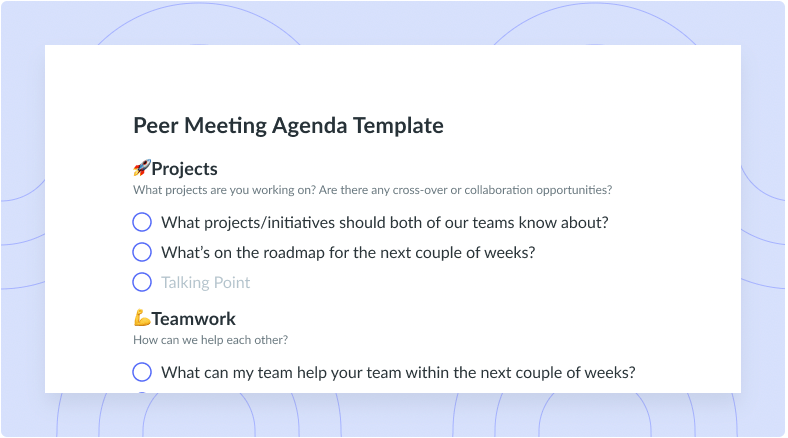
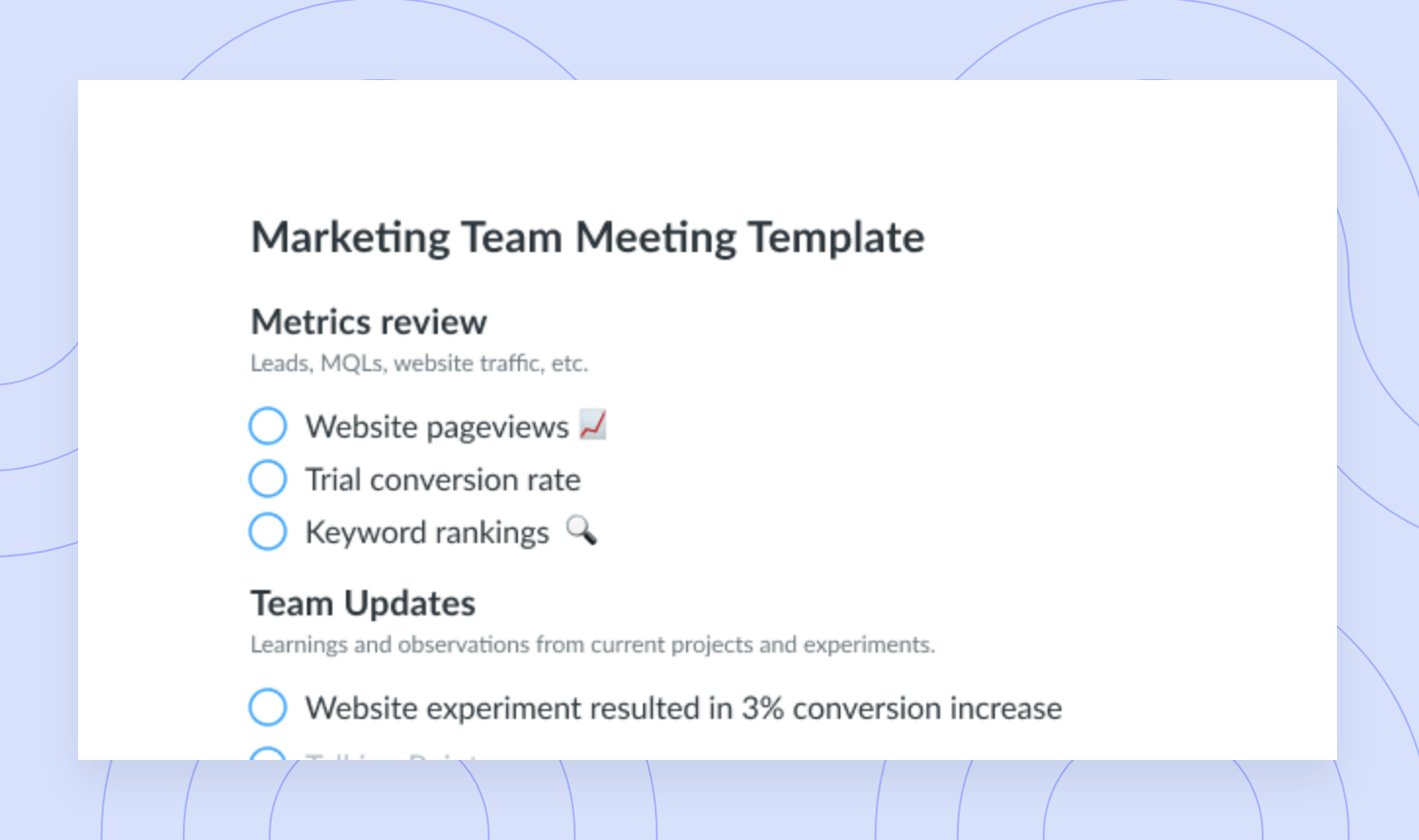
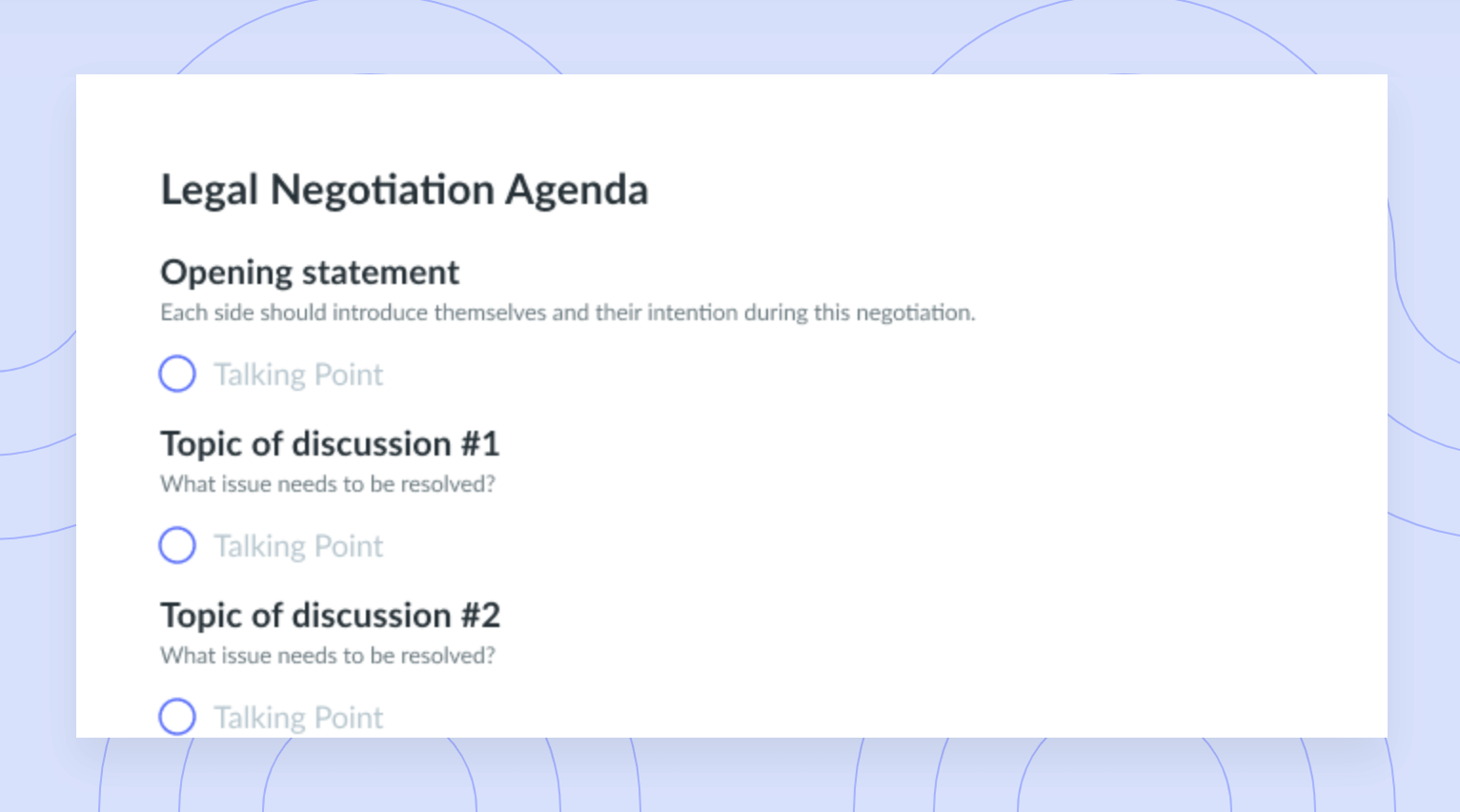
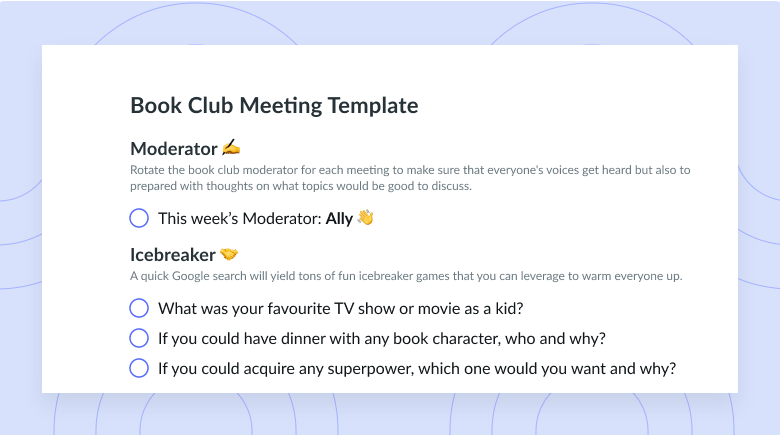
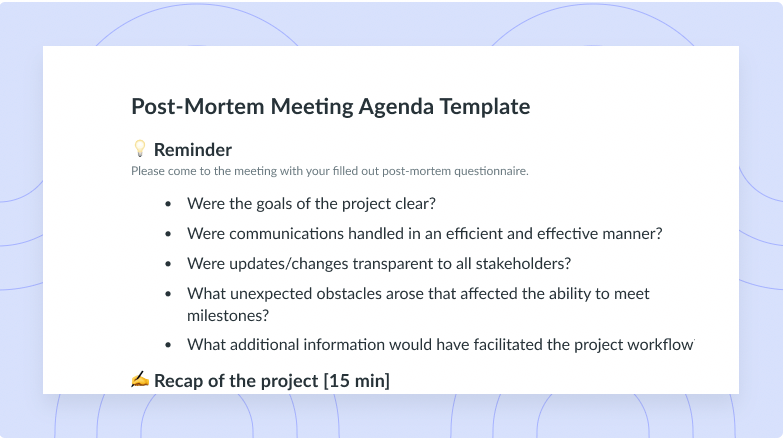
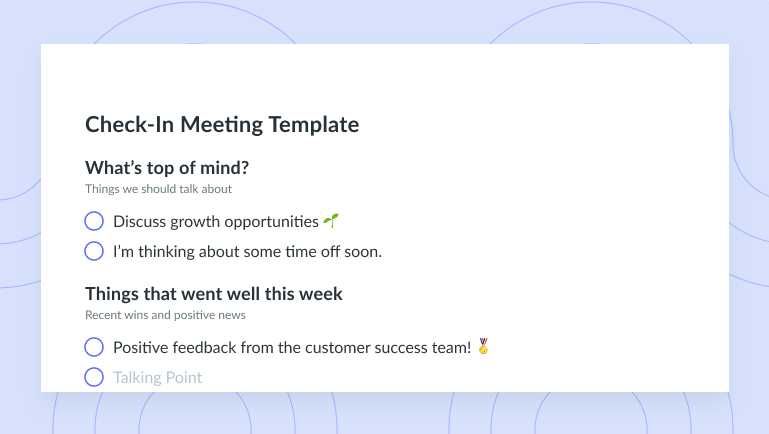
![What? So What? Now What? [Reflection Meeting] Template](https://fellow.app/wp-content/uploads/2021/08/What-So-What-Now-what-preview-v2.png)
